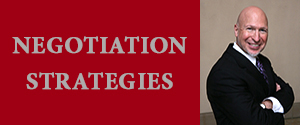

BACKGROUND
The Syrian crisis is a confusing conflagration even for seasoned observers of international affairs. There appear to be three primary entities: The Assad regime battling for survival, the moderate rebels (comprised of many internal interest groups) supposedly fighting both the Assad regime and ISIS, and ISIS fighting the Assad regime and the moderate rebels in their advance towards domination of the region.
To complicate matters, we now have the United States supporting the moderate rebels in their fight against the Assad regime. The US ostensibly wants to oust Assad due to his gross violations of human rights and obstruction of democracy.
To complicate matters, we now have the United States supporting the moderate rebels in their fight against the Assad regime. The US ostensibly wants to oust Assad due to his gross violations of human rights and obstruction of democracy.









